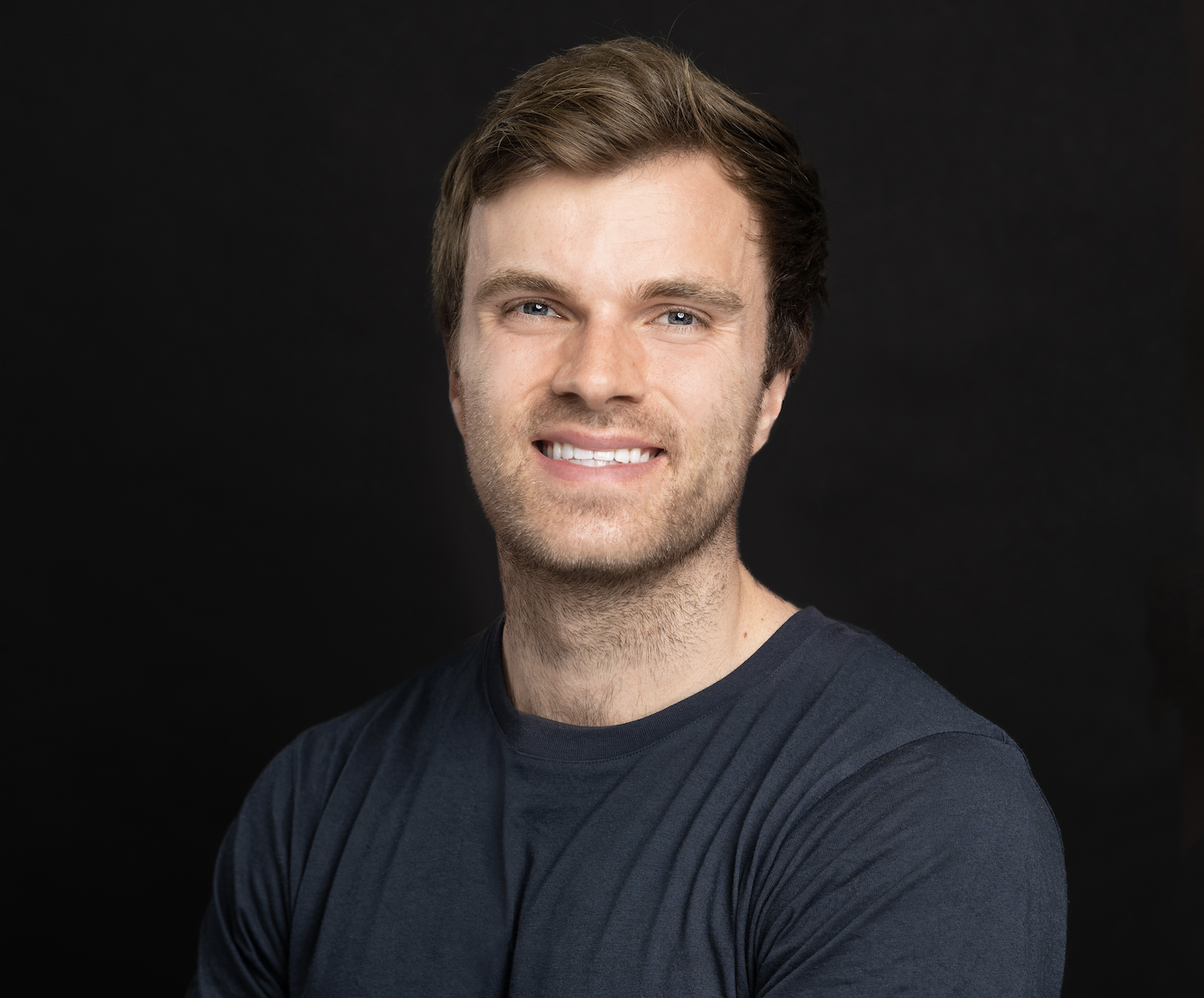Many LPs have kept their pocketbooks closed for VCs in the last year, but Germany’s state-backed KfW Capital says it's open for business.
The fund, a subsidiary of the KfW Development Bank, is a major LP in European VC funds including Germany’s Project A and Earlybird and France’s Partech. To date, KfW Capital has invested €1.9bn across 96 funds — 11 of which came in 2023.
KfW Capital is committing more capital than ever before, having increased its investment volume in VC and venture debt funds to €1.3bn in 2022, up from €502m in 2021.
“From an economic point of view it makes good sense to invest in VC, as the current market environment offers many, very attractive investment opportunities with the potential to create outstanding VC fund vintages in terms of performance,“ says Jörg Goschin, senior managing director at KfW Capital.
“Increased interest rates, higher inflation levels and geopolitical challenges create significant opportunities for innovative tech companies and for the asset class VC as a whole.”
Government capital has played an important role in encouraging venture investment around the world — not least in Europe, where nearly a fifth of capital comes from state-backed sources. VCs often seek to raise capital from institutional investors as it sends a reassuring signal to other LPs.
So what kind of funds is KfW Capital keen to invest in?
What is KfW?
KfW invests Europe-wide but is specifically focused on backing German VCs. Around half of the VC funds KfW is invested in are based in Germany.
Its most recent fund investments include climate VC World Fund, European SaaS and cloud investor Notion Capital and 3VC, a Series A-focused fund investing in DACH and CEE.
KfW Capital is “a new kid on the block”, says Goschin, having only been formed in 2018 (for comparison, the European Investment Fund was founded in 1994).
The German LP is funded by the ERP Special Fund, a state fund originally set up in 1947 as part of the Marshall Plan for Europe's postwar reconstruction, and the German government's $10bn Future Fund. Its aim is to improve access to capital for startups — particularly at the growth stages, where it's significantly lacking in Europe — via larger VC funds.
Criteria for fund investments
Goschin says that KfW is a “performance-driven investor” that assesses funds on their risk return profile, the diversity of their team and their commitment to ESG.
While it likes to invest in funds and managers that have a proven track record, it's also open to backing first-time funds, especially given the evidence that debut funds often outperform more established VC firms.
KfW only invests in funds with at least €50m in assets under management (AUM), which theoretically means it can't back emerging managers with smaller funds. Half of the funds’ investment must come from private sources, though no single investor should hold a majority stake.
Every fund KfW puts money into is also obliged to invest the same amount or more into startups in Germany. So if a €100m fund gets €30m from KfW, at least €30m of that fund must go to German startups.
Goschin says it has no specific annual targets to reach in terms of backing VCs at certain sectors and stages, but its “key focus areas” include VCs in health, AI, mobility, life sciences, education and, of course, climate. KfW recently launched a Green Transition Facility of €100m to invest purely in climate funds.
ESG
LPs have fired up their commitment to environmental and social governance (ESG) in recent years and are expecting VCs to have a well-thought out policy. KfW is no exception.
Those that don’t will have a smaller chance of raising their next funds and, particularly, accessing institutional capital, says Goschin.
KfW screens funds based on its exclusion list — it steers clear of those investing in cryptocurrency or gene editing, for example. It also checks to see if a fund has a formal sustainability policy that is accessible to all employees.
As part of its due diligence, KfW has implemented an ESG questionnaire which assesses how far a VC firm has integrated ESG goals into its investment processes and fund and corporate structure. If a fund scores poorly, it's given a list of things to improve — whether it’s hiring more diversely or setting up an ESG reporting scheme — and KfW works with them to achieve these aims.
KfW also has an ESG training programme for GPs — usually with batches of five to ten people in various European cities — to help them comply with ESG standards, which Goschin says is proving popular.
So far, nine VC funds from the UK and Germany have completed the training course and the same number is already registered for the next cohorts. Among the firms to have taken part are Cherry Ventures, HV Capital, Project A, Headline and Atomico.
Diversity
“A complimentary and diverse team” in terms of age, gender and expertise is hugely important if VCs want to receive money from the KfW, says Goschin.
While KfW hasn’t had a strong track record of investing in funds with female GPs — in December 2022, only 12.9% of GPs at funds it backed are women — it says it’s working to change that.
- As part of its due diligence, KfW records the gender distribution at partner level of VC funds it’s courting, among other criteria.
- From 2023 onwards, KfW will also require each fund in its portfolio to report the diversity of their teams once a year.
- Last year, 50% of the funds it invested in had one woman at partner level which Goschin says is above “market average” for the VC industry.
Courting KfW Capital
Goschin says that KfW Capital has “an open-door policy” when it comes to speaking with VCs, as long as they have "market standard" terms and conditions.
That means (among other things) management fees of no more than 2% a year, a minimum GP commitment of 2% and an industry-standard 80/20 carry split, with KfW taking 80% of profits, or carry. If a VC approaches KfW with non-standard terms, the due diligence process simply takes longer as the LP and VC have to negotiate back and forth, says Goschin.
To have a better chance of courting KfW, Goschin advises VCs to be well prepared. That means completing the due diligence questionnaire ahead of time, getting their data room ready and having “all the answers for questions one could anticipate to speed up the process”.



